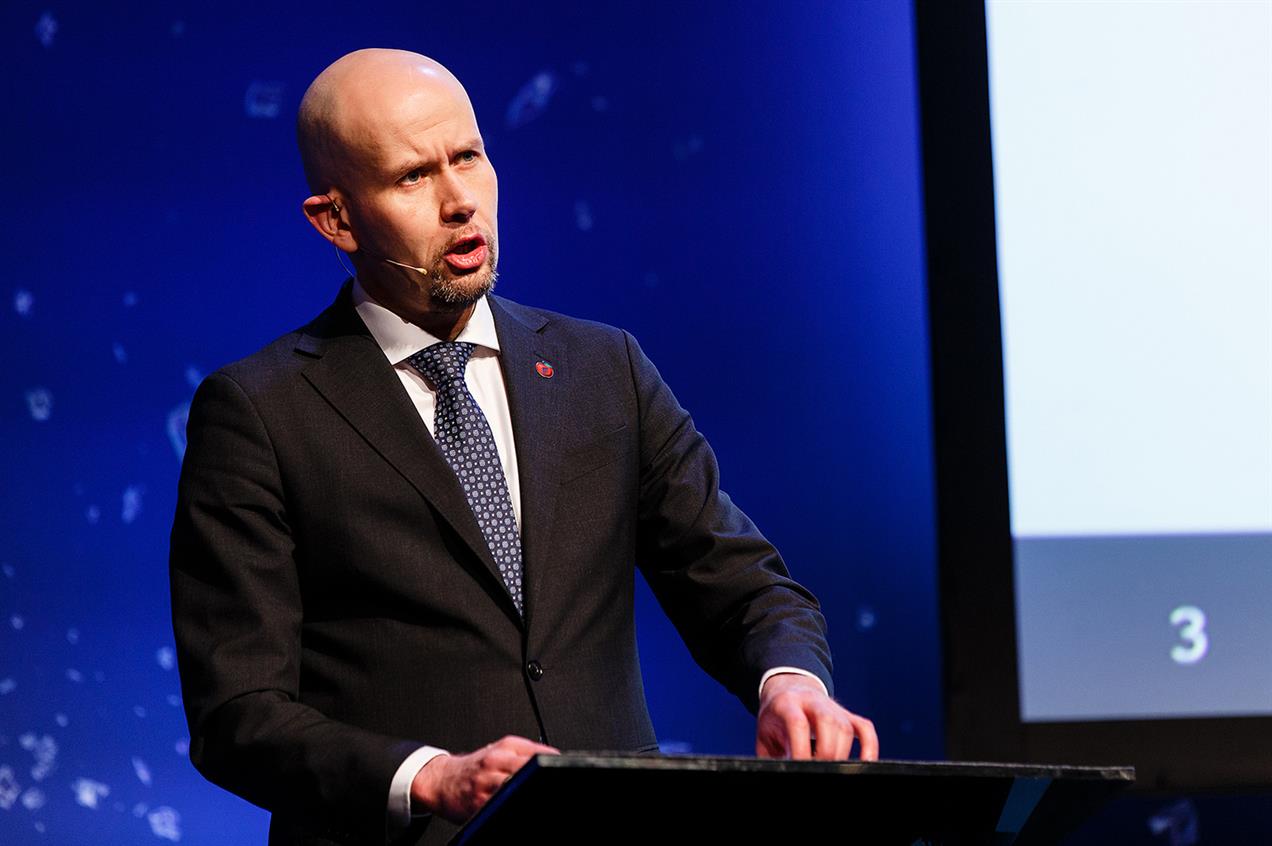The government made the announcement as part of a new energy policy plan to 2030. Projects commissioned after 2021 will be expected to operate without government support.
"The development of future power systems must occur in a way that does not impair the value of the renewable energy resources," said Norwegian energy minister Tord Lien.
"We must pave the way for an energy market where production is expanded by profitability. We will also support the development of new energy technology. Therefore, we will not introduce any new targets under the certificate system," he added.
Norway's energy ministry said profitability of renewables had been under pressure in recent years due to an energy surplus in the country.
The proposals could make Norway "the first country in Europe to abolish all forms of renewable subsidies", said NORWEA CEO Oyvind Isachsen.
"It is premature to wave goodbye to electricity certificates or other instruments to promote renewable energy," Norwea said in a statement.
"The debate should not be about how 'high' or 'low' electricity prices are, it should be about a sustainable electricity price that facilitates new climate-friendly industries and profitability in the green Norwegian power industry," added Norwea.
Norway's installed wind capacity at the end of 2015 stood at 819MW, according to “uåX˜äŠÊ˜·³Ç Intelligence, with nothing new added during the year. Wind accounted for just over 1% of Norway's electricity production that year. It is looking to reach installed capacity of up to 3.5GW by 2020.
A white paper, released by the energy ministry also hinted at the possibility of wind development zones to be identified to "contribute to dampen conflicts and contribute with appropriate choices of locating wind power".




.png)
HR.jpeg)
.png)








